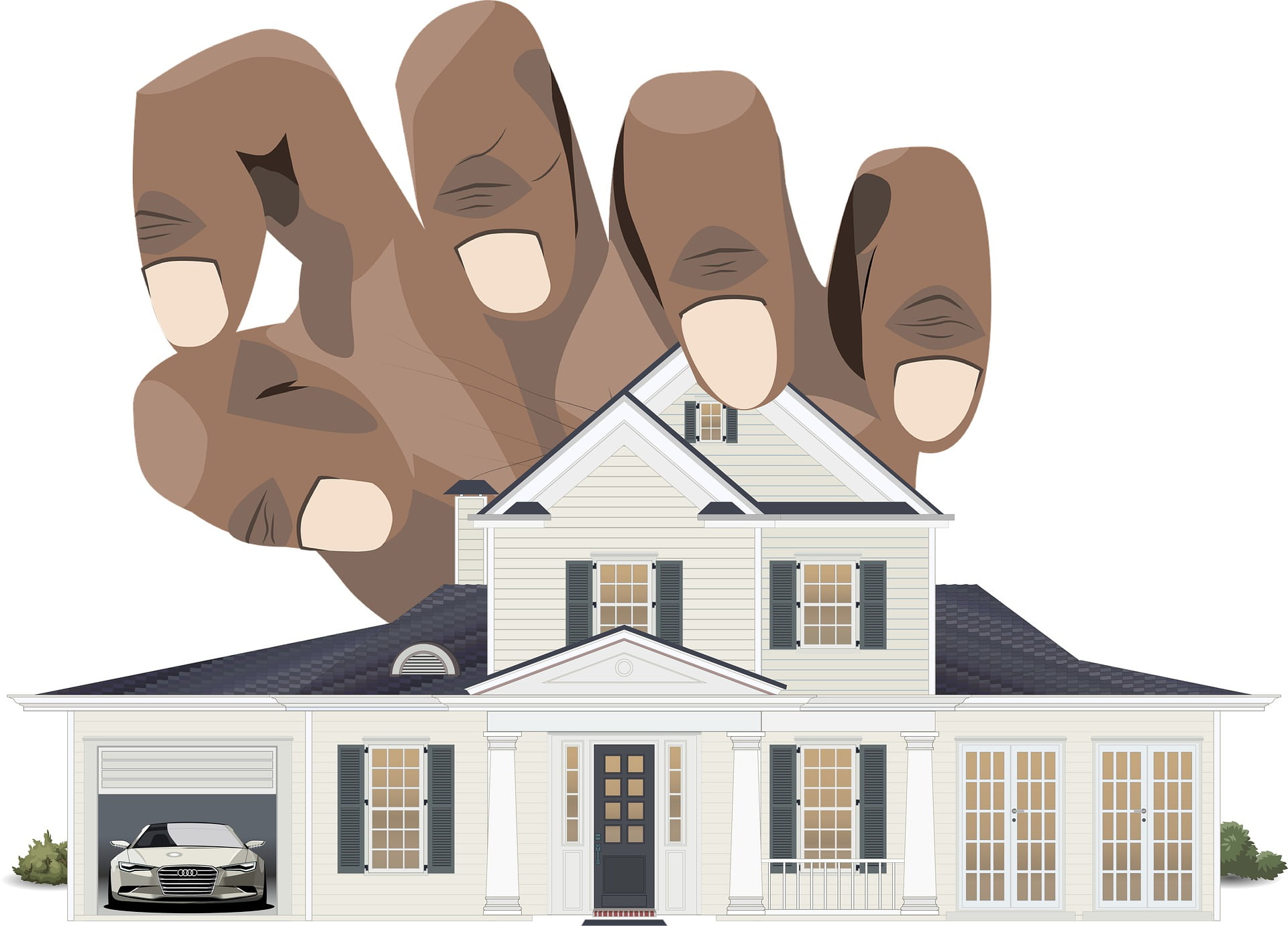
As a rule, the assets, rights, and receivables of a debtor that have economic value can be seized. However, certain exceptions have been introduced to this rule in order to allow debtors and the individuals they are responsible for to sustain their livelihoods in our current system.
1- ANY GOODS THAT ARE NECESSARY FOR A DEBTOR WHOSE ECONOMIC ACTIVITY IS BASED MORE ON PHYSICAL LABOR THAN CAPITAL CANNOT BE SEIZED. In our legal system, it is stated that goods other than the capital necessary for a debtor to earn their income cannot be seized. For example, the tools of a debtor who is a construction worker or the shovel of a baker cannot be seized.
2- UNLESS THEY ARE VALUABLE ITEMS SUCH AS MONEY, SECURITIES, GOLD, SILVER, PRECIOUS STONES, ANTIQUES, OR ORNAMENTS, NECESSARY ITEMS FOR THE DEBTOR AND FAMILY MEMBERS LIVING UNDER THE SAME ROOF CANNOT BE SEIZED. One of the fears commonly experienced by individuals in a debtor position is the seizure of their belongings within their home. However, it should be noted that essential items for maintaining the lives of the occupants of a home, such as refrigerators, washing machines, dishwashers, laptops, televisions, and furniture sets, cannot be seized. An exception to this rule is that if multiple instances of these essential items are present, they can be subject to seizure.
3- IF THE DEBTOR IS A FARMER, LAND, LIVESTOCK, TRANSPORTATION VEHICLES, AND OTHER ATTACHMENTS AND AGRICULTURAL TOOLS THAT ARE ESSENTIAL FOR THE DEBTOR’S AND THEIR FAMILY’S LIVELIHOOD CANNOT BE SEIZED. IF NOT, TOOLS AND EQUIPMENT NECESSARY FOR ARTISTIC AND PROFESSIONAL PURPOSES, BOOKS, AND TRANSPORTATION VEHICLES THAT ENSURE THE LIVELIHOOD OF SMALL TRANSPORTATION WORKERS SUCH AS CARTERS, BOATMEN, AND PORTERS CANNOT BE SEIZED. Livestock used for milk production, such as a milking cow or three goats or sheep, and their feed and bedding for three months cannot be seized. The debtor’s and their family’s two-month supply of food and fuel, and if the debtor is a farmer, the seeds necessary for future crops, cannot be seized. Baggage, orchards, fruits, vegetables, and tools and equipment necessary for horticulture or fruit and vegetable cultivation that are essential for the debtor’s and their family’s livelihood cannot be seized. If the debtor’s livelihood is based on livestock farming, the essential number of animals and their feed and bedding for three months cannot be seized.
4- LIFE ANNUITIES THAT HAVE BEEN ESTABLISHED AND ARE NOT SUBJECT TO SEIZURE. This refers to lifetime income and receivables agreed upon through life annuities and the transfer of such receivables is prohibited by the parties, in which case these incomes cannot be seized.
5- COMPENSATION MONEY PAID OR TO BE PAID TO THE INJURED PARTY FOR DAMAGES TO BODY OR HEALTH, OR FOR THE NECESSARY SUPPORT OF THE INJURED PARTY AND THEIR FAMILY IN CASES OF NECESSITY OR DEATH, CANNOT BE SEIZED.
6- COMPENSATION FOR DAMAGES CAUSED BY BODILY INJURY OR DAMAGE TO HEALTH, PAYABLE IN A LUMP SUM OR BY INSTALLMENTS TO THE INJURED PARTY OR THEIR FAMILY, CANNOT BE SEIZED.
Debtors or their families cannot have the monetary compensations given for damages inflicted on their physical health seized. The funds acquired through such compensations cannot be subject to seizure either. However, it should be noted that this exemption does not apply to claims for non-economic damages.
10- THE DEBTOR’S SUITABLE RESIDENCE CANNOT BE SEIZED. For detailed academic information regarding the exemption of the debtor’s suitable residence from seizure, you can refer to our article on this subject.
11- STUDENT SCHOLARSHIPS CANNOT BE SEIZED. 12- IF THE VALUE OF THE FOLLOWING ITEMS IS EXCESSIVE, THESE ITEMS ARE SOLD, AND THE DEBTOR IS ALLOWED TO KEEP A PORTION SUFFICIENT TO OBTAIN A SUITABLE REPLACEMENT. Although the aforementioned items are generally exempt from seizure, if they are determined to be excessively valuable for the debtor’s use based on the circumstances, they can be sold, and the debtor can retain an amount sufficient to maintain their living standards. These items include: (1) tools necessary for professions relying on physical labor, (2) items necessary for the livelihoods of farmers or professionals, (3) items necessary for the debtor’s involvement in vineyards, gardens, or horticulture, and (4) the debtor’s suitable residence.
13- IF THE DEBT ARISES FROM THE VALUE OF THE FOLLOWING ITEMS, THESE ITEMS CAN BE SEIZED. If the debt arises from the value of the following items: (1) tools necessary for professions relying on physical labor, (2) items necessary for the debtor’s household management, (3) items necessary for the livelihoods of farmers or professionals, (4) the debtor’s choice of a milking cow, three goats or sheep, and their three-month supply of feed and bedding, (5) items necessary for the debtor’s involvement in vineyards, gardens, or horticulture, and (6) the debtor’s suitable residence, then these assets can be subject to seizure.
PARTIALLY SEIZABLE ASSETS AND RIGHTS In order to ensure the debtor’s subsistence, a portion of their salaries, allowances, wages, benefits, enjoyment rights, and revenues, non-alimony payments not based on court decisions, and up to one-fourth of the income received from insurance or retirement funds can be seized. However, more than one-fourth of monthly wages cannot be seized. Retirement pensions are also exempt from seizure.
If a non-seizable asset is mistakenly seized, the general rule is to file a complaint with the enforcement court within 7 days of being notified of the seizure. Although we have attempted to provide necessary explanations regarding non-seizable assets and rights, it is advised to seek detailed information specific to the circumstances. You can visit our office located in İzmit, Kocaeli Province or contact us via our communication number or by sending a message to receive legal assistance.
